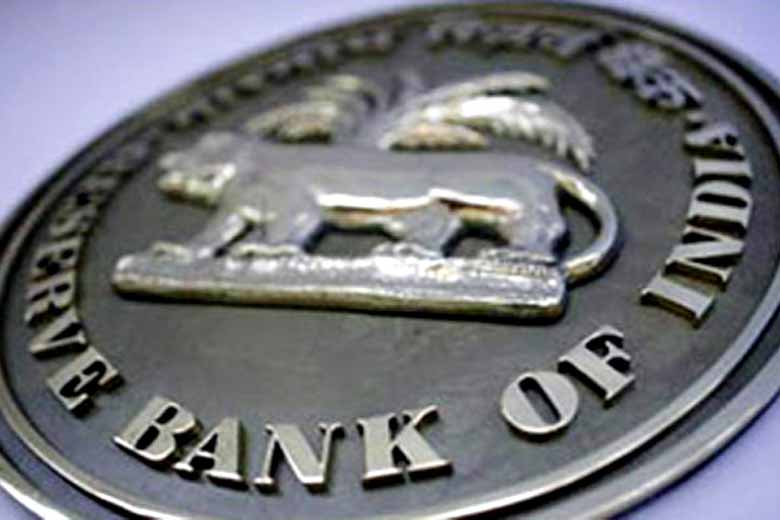BJP’s new election push
January 18, 2019 | Expert Insights

Prime Minister Narendra Modi’s ruling party is in favour of an expansionary economic policy and does not consider the government’s plan to keep the fiscal deficit to 3.3 percent of GDP.
The previous Modi campaign in 2014 had famously highlighted reining in the fiscal deficit to under 3.5%.
Background
Monetary policy is the process by which the monetary authority of a country, typically the central bank or currency board, controls either the cost of very short-term borrowing or the monetary base, often targeting an inflation rate or interest rate to ensure price stability and general trust in the currency.
Monetary policy is referred to as being either expansionary or contractionary. Expansionary policy is when a monetary authority uses its tools to stimulate the economy. An expansionary policy maintains short-term interest rates at a lower than usual rate or increases the total supply of money in the economy more rapidly than usual. It is traditionally used to try to combat unemployment in a recession by lowering interest rates in the hope that less expensive credit will entice businesses into expanding.
This increases aggregate demand (the overall demand for all goods and services in an economy), which boosts short-term growth as measured by gross domestic product (GDP) growth. Expansionary monetary policy usually diminishes the value of the currency relative to other currencies (the exchange rate).
The upcoming Indian General Elections are scheduled to be held in April-May 2019 with Narendra Modi looking to retain his position as Prime Minister while opposition parties have already started to target the misfiring policies of the incumbent government.
Analysis
Ahead of a general election that must be held by May and after a string of losses in recent state polls, the government run by the Bharatiya Janata Party (BJP) has announced several stimulus measures for the countryside where millions of farmers are grappling with low crop prices. Other fiscal moves have been aimed at helping small businesses.
The measures are likely to be a drain on finances in Asia’s third-biggest economy, though the Modi administration is expected to get the Reserve Bank of India to agree to transfer an interim dividend of 300-400 billion rupees ($4.32 billion-$5.8 billion) to the government by March, Reuters reported last week quoting sources.
Weak consumer spending and the fragile farm sector have already been a drag on economic growth, creating a headache for Modi as he struggles to meet ambitious job creation targets.
India lost 11 million jobs last year, with around 83 percent in rural areas, according to independent think-tank the Centre for Monitoring Indian Economy, as operational costs surged for small businesses. Those costs were boosted by the launch of a national sales tax in 2017 and the economic impact of an earlier ban on high value currency notes.
“There’s a demand, there’s a debate - all my colleagues are saying what’s the need of keeping the fiscal deficit in check when there is a distress in a particular sector,” said Gopal Krishna Agarwal, the economic affairs spokesman for the Hindu nationalist BJP, referring to the farm sector.
“Even think-tanks associated with us are talking in this sense. Very few people domestically are talking about fiscal prudence. Only foreign think-tanks are talking fiscal prudence, fiscal prudence. I strongly believe an expansionary policy can benefit the party,” he said in an interview on Tuesday night.
India’s 10-year benchmark bond yield rose 4 basis points to 7.53 percent after the news, its highest since January 8 on worries about the fiscal deficit. The rupee also weakened to 71.23 to the dollar from its previous close of 71.03.
Agarwal, a chartered accountant who is a director at state-run Bank of Baroda and a member of a government committee on small and medium-sized businesses, said Modi was aware of his party colleagues’ thinking but that no final decision had been taken.
Additionally, increasing the income tax exemption limit for individuals was also being considered for the interim budget to be presented on February 1 by Finance Minister Arun Jaitley.
Assessment
Our assessment is that the incumbent government is pursuing an expansionary monetary policy less than six months before an election because it wants to counter rising unemployment using short term spending increases. We believe that the impact of an expansionary monetary policy will be visible on the economy after two economic quarters (6 months).








Comments